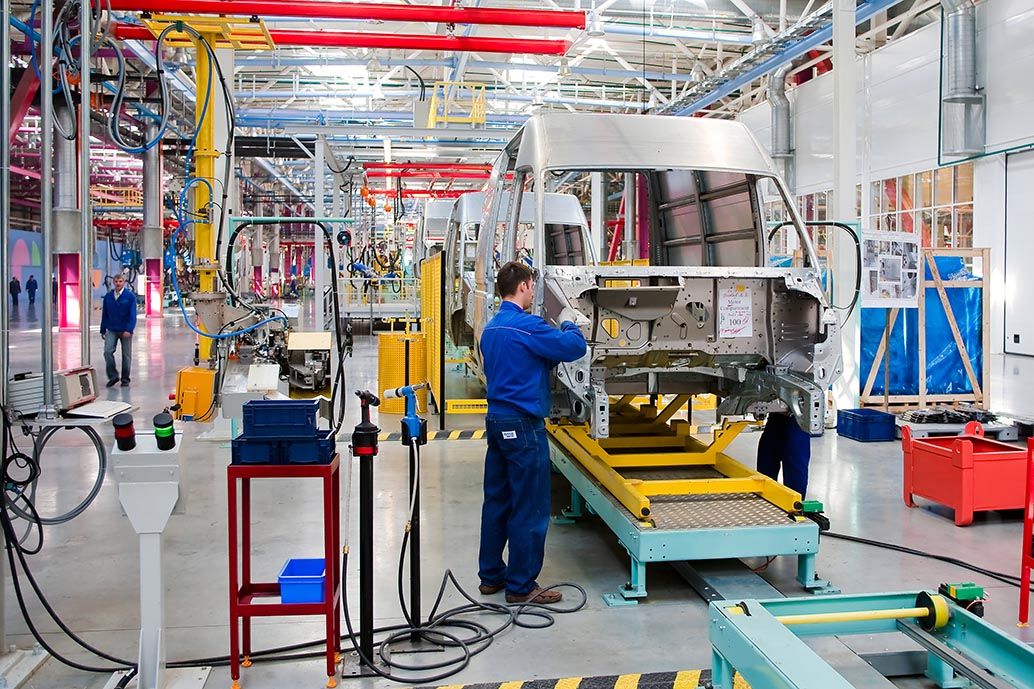UK Manufacturing Slump Extends into July, but Optimism Remains Buoyant

Image © Adobe Images
UK manufacturing PMI for July read at 48, unchanged on the previous month's reading, but above the 47.7 expected by markets.
Because the actual result came in so close to the consensus expectation, the impact on Sterling is likely to be minimal: recall currencies tend to react to data surprises.
The Manufacturing PMI is nevertheless still stuck down at a 6-year low, as UK manufacturers "faced the ongoing headwinds of political uncertainty, a global economic slowdown and the unwinding of stocks built prior to the original Brexit date," report IHS Markit, compilers of the survey.

IHS Markit add:
"Manufacturing production fell to the greatest extent in seven years, as companies scaled back output in response to a further solid decrease in new order intakes. Demand was weaker from domestic and overseas markets. The decline in new export business mainly reflected lower intakes from the EU and China."
"Some of the weakness can be blamed on Brexit but it seems more plausible that a weaker global economy should take most of the blame. Indeed, manufacturing PMI’s in the euro-zone and the US both fell in July as well. And it makes sense that as the manufacturing sector is more exposed to global economic conditions it would be hit first and hit hardest," says Thomas Pugh, UK Economist with Capital Economics.
According to the survey, the downturn in the sector negatively impacted the trend in staff hirings during July.
Employment decreased for the fourth month in a row, with the pace of decline accelerating to one of the highest over the past six-and-a-half years.
There were also reports of natural wastage, recruitment freezes and cost-control initiatives contributing to job cuts.
Concerning the outlook, Duncan Brock, Group Director at the Chartered Institute of Procurement & Supply - which sponsors the survey - noted that optimism for the future stayed relatively buoyant.
Over 46% of those businesses surveyed expect output to be higher in one year's time, compared to less than 10% forecasting contraction. Optimism was linked to new product launches, an expected rebound in export sales, strong order pipelines, reduced uncertainty following Brexit and improved infrastructure (including 5G networks).
"The softening in cost inflation to a three-year low was a small gift as some businesses planned to tie up more funds in goods, materials and premium warehousing space in a potential second round of stockpiling in readiness for October,” says Brock.
James Smith, Developed Markets Economist at ING Bank, says he sees signs that manufacturers might be starting to stock up on inventories ahead of the October 31 Brexit deadline.
"The latest PMI hints that they are beginning to resume the inventory building process as the October Brexit deadline inches nearer," says Smith.
The UK manufacturing sector outperformed global peers at the start of 2019 as firms stockpiled goods ahead of the initial March Brexit deadline.
This ramping up of activity naturally lead to a slowdown once the date passed and inventory was run down.
If stockpiling were to increase once more it should keep the sector relatively supported, even if it is something of a temporary phenomenon.



